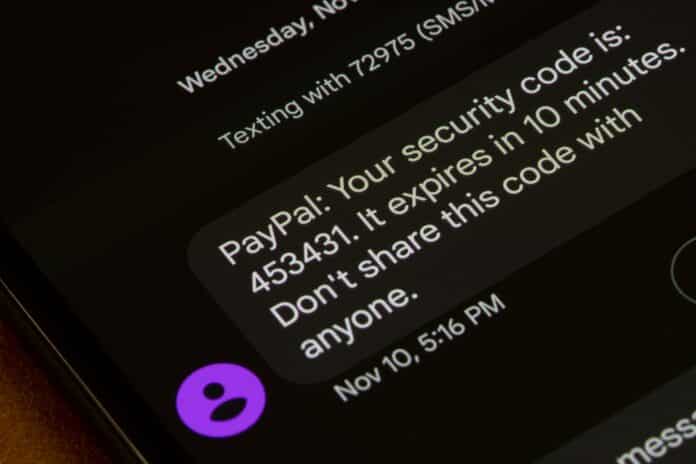Tesla and Twitter have definitely monopolized attention over Elon Musk’s achievements. Yet you might, or might not, still remember that was PayPal mr—Musk’s original billion dollar succes story.
Although PayPal was founded in 1998, its original name and founders were Confinity, and its original founders were Max Levchin and Peter Thiel. It was only in in 2000 that it merged with X.com, the online banking giant, property of Elon Musk. Today PayPal has about 1.2 Billion visits per month and its expected earning for Q4 2022 only are almost 7 Billions.
An entity too big to go unnoticed to the eye of scammers and hackers, who, only in 2020, caused almost a quarter million security incidents over the platform, according to PayPal official report.
What are the main causes for such incidents and how to protect from them are the topics of the following article.
Different Types of PayPal scams
Sacmmers found several different scenarios over the year that play more or less in the same way. Through an extravagant excuse or a very sophisticated scenario pre-made, the victim is convinced of the legitimacy of the transaction that it’s requested. The victim sends money to a PayPal account that quickly cashes out on different accounts the funds and then disappears.
These scams often have the same preparation as well, as scammers often prepare fraudulent websites or apply for account verification to lure their victims more easily.
Here follows a list of the most common playbooks for PayPal scams with tipson how to defend from them.
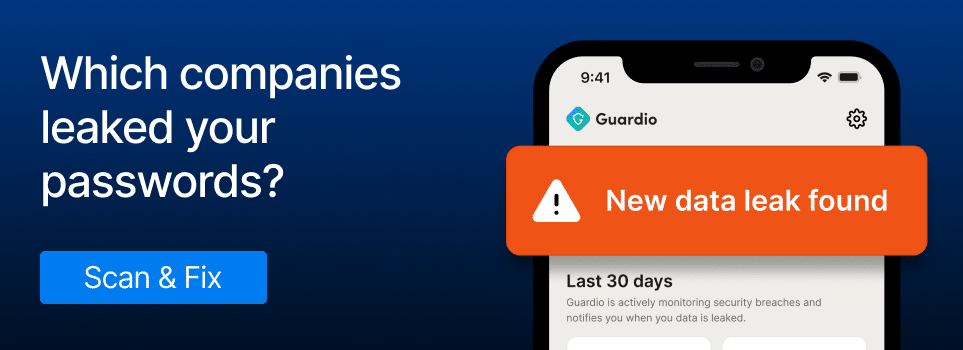
The Order Confirmation Scam
- How it plays: The scammer creates an email that looks legitimate, asserting that a purchase that you never made, or a payment, that you never sent occured. The mail will solicit you to click on a link or open an attachment to cancel the transaction, confirm your details or complete other actions related to the pretext event.
- How to spot it: These scams try to create a subtle sense of urgency by not asking you directly for money; they try instead of making you feel at risk of losing money or excited by receiving something so that you would quickly try to access your account and know more about what is going on. It is essential that you thoroughly review any communication you receive from PayPal to verify the validity of the sender.
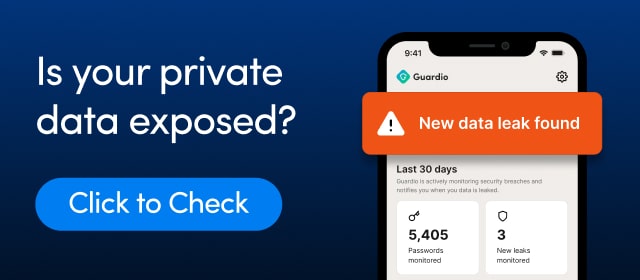
The Fraud Alert Scam
- How it plays: The scammer creates a fake mail that mimics PayPal security notification. By claiming that there has been a suspicious activity on your account, they lead you to click on a link or call a number that then requires you to verify your identity by providing sensitive information.
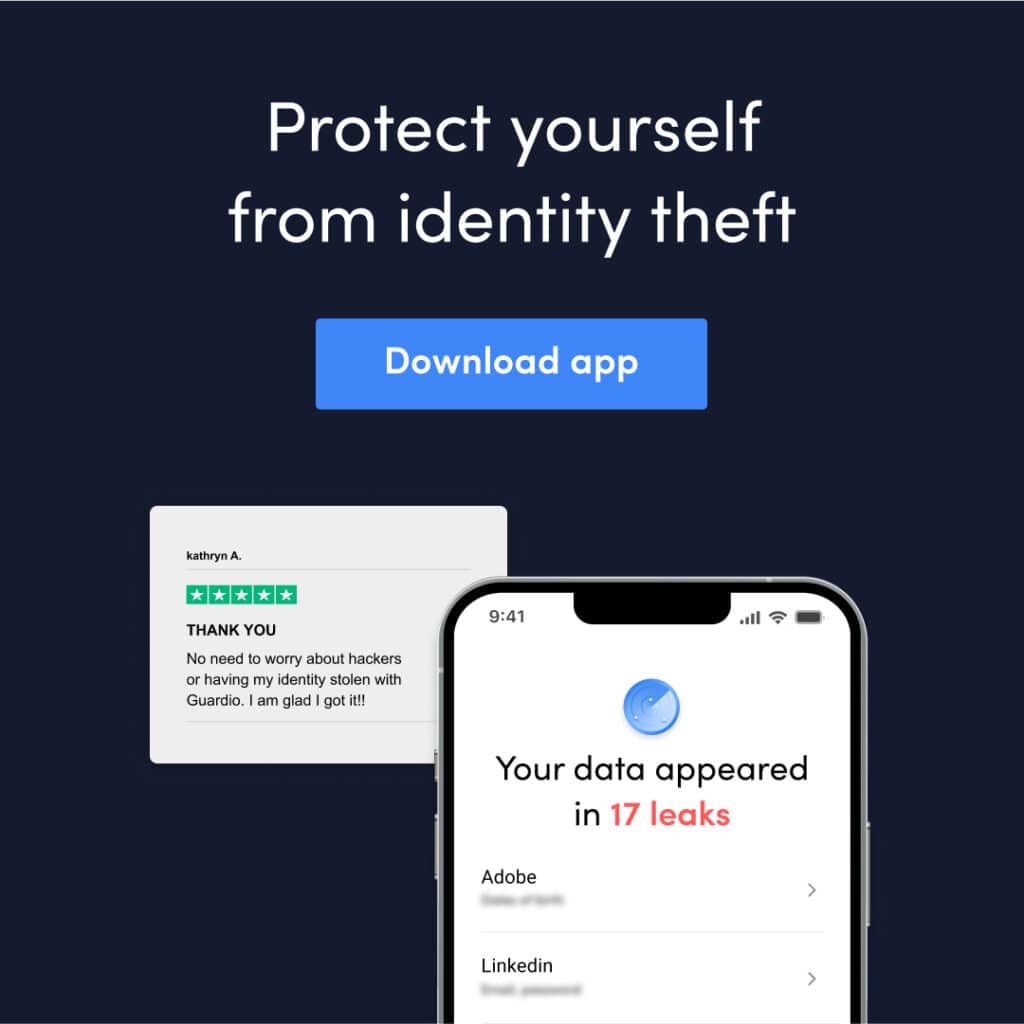
How to spot it: sense of urgency here
The Unsolicited Transfer Request Scam
- How it plays: Scammers send you a fake email or text message that looks like it’s from PayPal, requesting money for a product, service, or crypto you never ordered. They may also claim they accidentally sent you money and ask you to return it.
How to spot it: A PayPal employee should never require you to give them sensitive informations such as username or passwords. You should also check that the links and numbers you are about to contact, in case of emergency, are the same afvertised on the official support page.
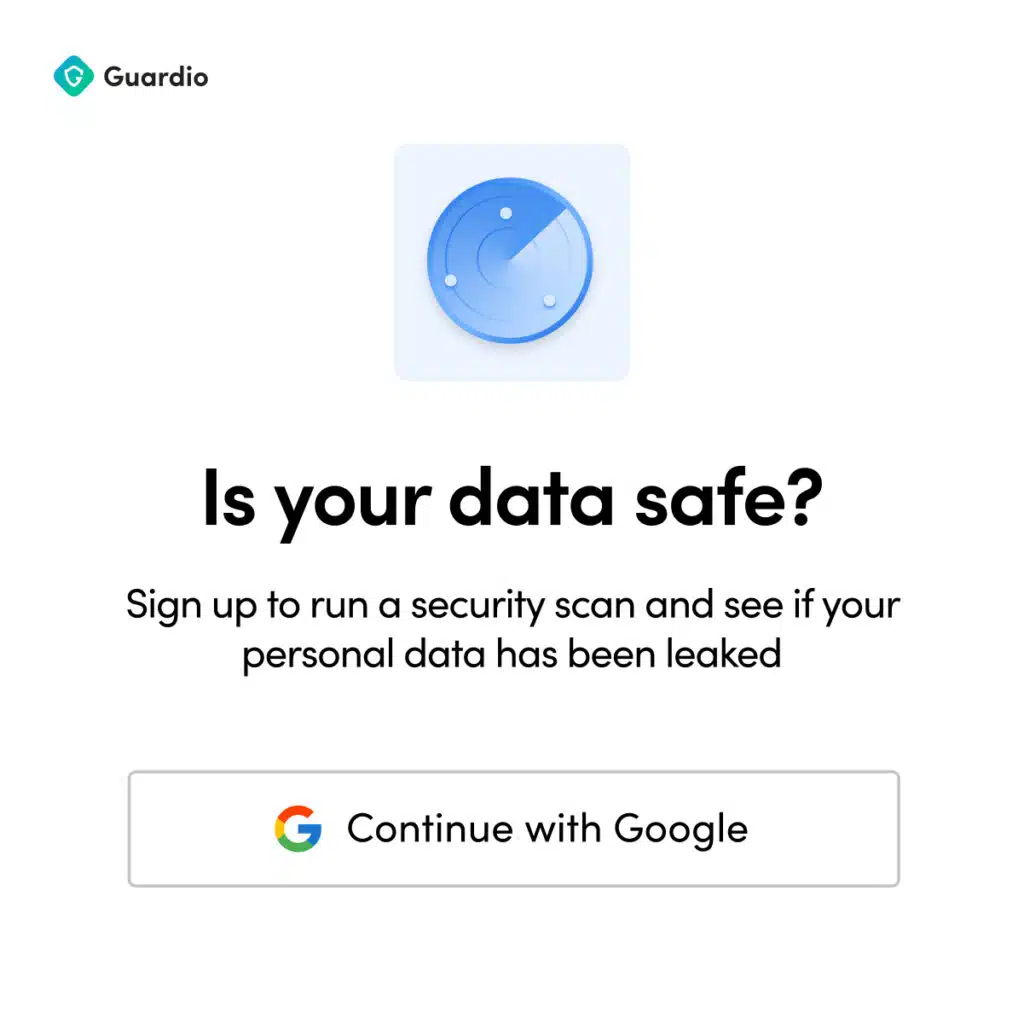
The Charity Scam
- How it plays: The scammer send you a mail that looks like a PayPal charity fund campaign to have a pretext to ask you to donate money for a charity cause.
How to spot it: PayPal may advertise charity sometimes, but you can always check whether it’s true or not following their official fundraiser page. There, you will find a list of accounts collecting money for charity, and you can validate which accounts you are sending money to.
The Promo Coupon Scam
- How it plays: The scammer sends you an email or makes contact by offering you a discount, a coupon, or other free promotional material, that you would be able to claim by clicking on a link.
How to spot it: Promotional materials are usually distributed in promo codes, and they are intended to be for as large as possible groups of users. If you are being requested to provide some sensible information (username and password) to retrieve them, it means you might be lured into a scam.
The Collateral Scam
- How it plays: The Scammer contacts you through platform like Fiverr, Facebook Marketplace and tells you that in order tosecure your investment/payment for a service/good, you can pay through PayPal and be refund in case you are satisfied; however, instead, of sending you a PayPal payment link they send you a donation link, by claiming that is to avoid to pay additional fees
How to spot it: Donations do not incur in fees because they offer no protection over your payment. In this scheme, the security often associated with PayPal name, is used to cover with a veil of legitimacy the fraudulent request. Never consider goign through PayPal as sufficient condition to secure payment, and always verify that payment protection is enforced on the transaction.
The Payment Excess Scam
- How it plays: The Scammer makes contact with you by overpaying an item that you are selling on some online marketplace. This creates a pretext to ask you to pay back the difference. They use a payment method, like credit card, PayPal account or bank account, to make the initial payment and then ask you to make the refund on a different account.
How to spot it: Always be suspicious when someone asks you to reverse payments with different billing methods than the one initially used. Check names and beneficiaries on all payment streams provided. Also, ask your clients to reclaim money through the appropriate refund request button that they have in their PayPal transaction page or by raising a ticket in the support page before asking you directly for money.
Conclusions
As you might have noticed already, the most common spotting techniques require you to be very attentive of the legitimacy of the mail you are receiving or the platform you are navigating. These two are imprescindible to avoid most type of scams, as well as being aware of PayPal’s procedures and security measures.
Fees and processes put in place by PayPal are made to secure that most, if not all, transactions made are done respecting the best interests of both parties; if someone asks you to circumvent those rules, they might not have your best interest at heart after all.
Falling victim to PayPal scams is a risk that requires your awareness, as it is a platform that allows a lot of scammers to ask for money easily. Whenever you are sending money on PayPal, double check the receiver’s identity and the authenticity of any website they present to you before giving credentials or financial data. To ensure that not only your money, but also your PayPal account are kept secure, be sure to make use of a two-factor authentication method as well as PayPal’s security settings and notifications.
What are PayPal scams?
PayPal scams are frauds occurring on websites that are played by having a scammer asking a victim for money through PayPal in exchange for goods or services that are never delivered. Usually, these scams are conducted relying on the inability of a person to validate the scammer; also, the trustworthiness associated with PayPal as a payment method is a part of the scheme’s tools to earn the victim’s trust.
What’s the best way of using PayPal safely?
Always check whether payment protection is enabled, and never send money to someone you cannot verify. PayPal has a also a way of verifying accounts, it can be an additional validation, but none of the above mentioned is a sufficient condition to grant trust.
How do I report a PayPal scam?
You can follow PayPal community rules as well as your own country rules. Scams over PayPal are a crime, just like in-person fraud, and you can sue the person who perpetrated it against you.
How do I get my money back if I think I was scammed?
If you send money as a donation or as a gift, the chances of getting the money back are dim. You can easily get your money back by demonstrating you did not receive the good you paid for if you had Payment Protection activated at the moment of payment. You should ask PayPal customer service to help you out nonetheless, but be aware that scammers tend to cash out as fast as possible, so manage your expectations. You can also ask to your local IT crime authority to pursue an investigation and help you.
